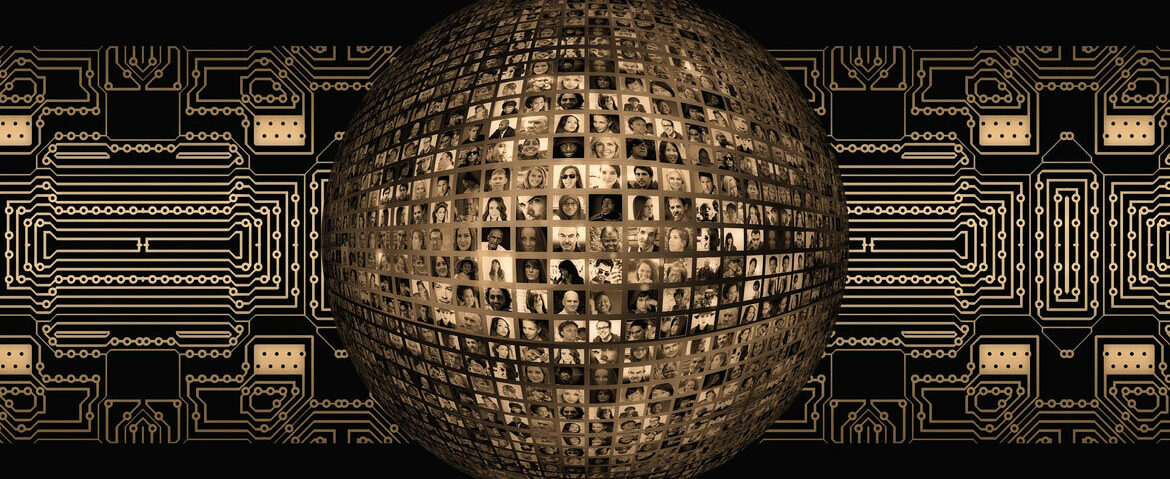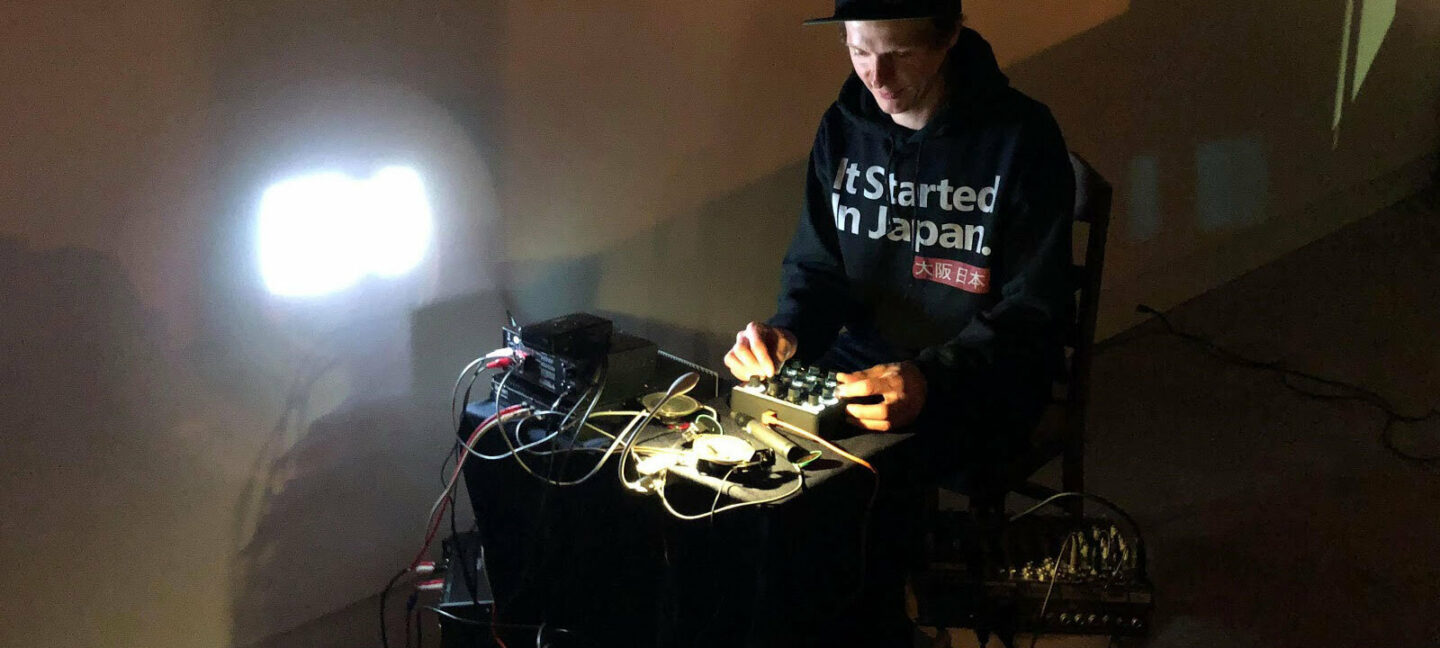
Rethinking Collaboration in a (Post-) Pandemic World
Published June 30, 2020
In San Francisco, our habits and routines were completely disrupted on March 17, 2020 as Mayor London Breed imposed the Shelter-in-Place order in response to the COVID-19 global pandemic. Those who had the privilege of working remotely only had a handful of hours to rethink their home and make space for their “temporary” office. The time when we would gather for serendipitous water cooler chats and informal encounters sparking creativity suddenly disappeared. So based on this new reality, how might we collaborate, continue to work, and be creative in a (post)-pandemic world?
Crisis Reaction
What am I going to do with the kids at home? How will I work remotely and be a (decent) untrained teacher for my kids at the same time? When will I be able to see my family again? These are some of the questions we’ve asked ourselves recently as we were overcome with emotional distress when our safety net disappeared. Cristina Banks (PhD), UC Berkeley’s Director of the Interdisciplinary Center for Healthy Workplaces and senior lecturer of Human Resources Management and Organizational Behavior observes that our basic needs to have psychological and physical safety have been completely threatened. Particularly when you realize that the threat facing us is invisible. Cristina points out that our sense of belonging and social cohesion got broken, taking the fear of others and the crisis to a political level.
Amplifying the role of art and the necessity of music to have a political meaning, like it did after World War II.
How we continue working in our field is also something many people have struggled with. While people slowly adjust to our new normal, artists are finding new ways to express themselves and reflect the times. Artist, performer-composer, and researcher, Marcel Zaes describes every major crisis as “amplifying the role of art and the necessity of music to have a political meaning, like it did after World War II”. Today artists have the ability to share content online, which helps to distract people from the pandemic. It is also the only way for artists to earn money from their work, as most of them have lost any kind of income as exhibitions and public presentations have all been canceled, or at best, postponed. Those left without any income or the lack of institutional support may not survive as practising artists due to financial hardship.
Reset
The way we used to work and collaborate is now being reshuffled. Why would we go back to the way we previously worked? How can we learn and change? Marcel Zaes, currently working on his #OtherBeats project, was earlier collaborating with artists with access to professional equipment and recording studio space, but adapted his project to COVID-19 and is now asking anyone to send him beats:
“This whole idea of reaching out to people and asking them to be distant collaborators, that’s something I have done before COVID-19, that’s always been on. However, it has been especially amplified with this situation. Now it actually makes so much sense to ask people all over the planet to send me some sound samples. Everyone is an artist.”
As for collaboration, it is a notion he classifies as “old” pointing out the institutional gap between what is being inattentively done and labelling it later on. “It probably just develops more in the sense that the importance of the single author is even less important right now, especially in music.”
The artistic world is rethinking its future in format, content, and form that is compatible with the virtual world. However, this shift comes at a financial cost. Freelance artists won’t have the luxury to do so. Funded artists like Marcel Zaes, who is a PhD candidate in Music and Multimedia Composition at Brown University, and has an institution behind him, benefit from financial stability, and are able to think about the future of their art and practice in our changing world.
The need to create a real bond and exchange to address the needs of people during these times are vital.
The future form of work is also being disrupted in the corporate world: 59% of Americans said they want to keep working remotely after the pandemic. So, how do you recreate this feeling of belonging to an organization when your taskforce is all of a sudden spread across the country, if not the world? Cristina Banks says “companies need to take responsibility now towards ensuring the productivity of their employees by being sensitive to different home situations.”
She firmly believes that people have intrinsic motivation and are already doing their personal best. It’s now up to the organization to show some support by investing in their physical or mental wellbeing. This sense of community and belonging will be forged mainly through internal communication but also by listening to one another. The need to create a real bond and exchange to address the needs of people during these times are vital. Trustworthy employers will evidently find it easier to build that bond. So, if companies take this route it will also play in their favor to differentiate themselves as a more attractive company.

Image credit: Performance of "Pulsations" at Sutton Street, Providence, by Marcel Zaes, 2018, photographed by Rachel Erdos
Reinvention
Experts describe the need for serendipity and the water cooler chat to pertain in the virtual space in order for creativity to be sparked. Otherwise there is a chance of negatively impacting the organizations’, and employees’, overall wellbeing.
“We currently don’t have the ability anymore to bump into people that are different from us, who will offer another perspective. And this is the raw material for innovation. Studies for creativity have shown that a purposeful process to get to a creative solution doesn’t work. This is not a problem-solving task. Creativity comes from deviation, going against the grain, thinking alternatively, being rewarded for thinking alternatively, having time to waste,” reports Cristina Banks.
Her idea is to create a virtual space where employees can join and have an informal conversation and chat to get this sense of exchange besides your back-to-back goal-oriented zoom-meeting daily marathon. This could be a start. But essentially, she still maintains that the solution or part of the implementation of this change should be done hand-in-hand with employees to address their needs.
Musicians are also creating new ways to connect with their audiences through online streaming concerts. Marcel Zaes had regularly presented in public performances, like PULSATION [BITUMEN], presented in collaboration with swissnex San Francisco in 2018. This piece weaved violas with pure sine waves and mathematical grids generating abstract pulsations to create groovy, minimalist soundscapes. He now sees these virtual exchanges as quite intimate for the audience as you get this feeling of being alone with the artist, with a closer connection enhancing this sense of intimacy. On the artist’s side the experience is quite different. “Performing music online works really well, especially electronic music because you are alone. But it’s weird. When you end, no one claps! So you do need an audience, always, because you want to make your art for someone and not for an empty space.”
The trace left by this pandemic will be profound and is already changing the habits of artists, employees, and organizations. “We are creatures of habits”, describes Cristina Banks, and we are already finding new ways to connect and express ourselves as we find our new normal. In this extraordinary moment in history, humans are adapting in incredible ways to ensure we are not alone, but rather alone together.
Participation for Marcel Zaes’ project #OtherBeats is still open. Follow this link to take part in it.
Written by Margaux Mégevand, Partnerships Program Manager, swissnex San Francisco. The interviews have been edited for clarity.
Image by Gerd Altmann from Pixabay.